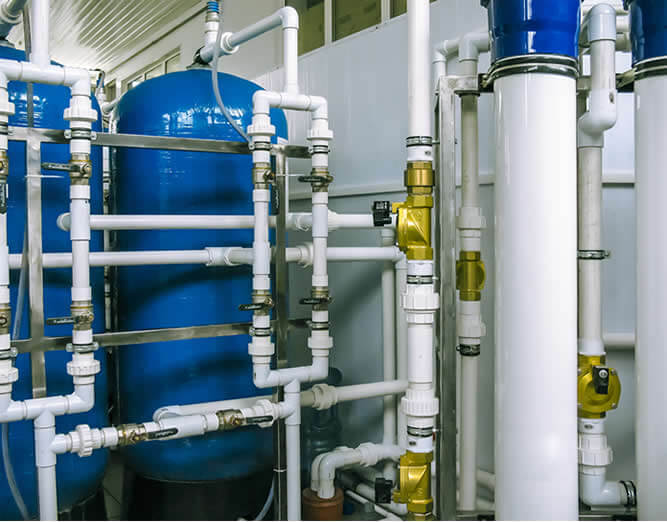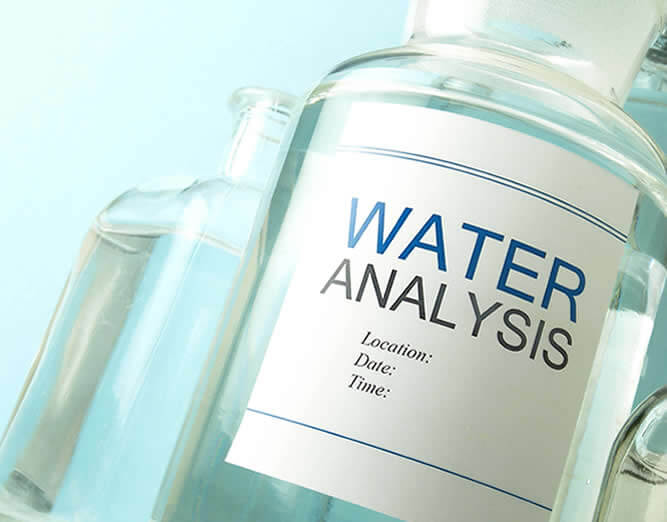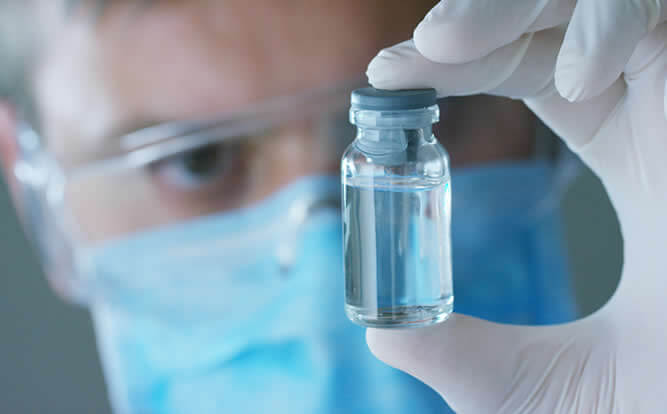Water is a vital component of life science manufacturing processes. Whether it is Sterile Water for Injection used in parenteral drugs or USP Purified water for cleaning equipment, the process for manufacturing this water must be validated and continuously monitored.
FOCUS Laboratories offers a turn key service that includes (as needed): development of validation protocol, procurement of sampling devices, training of staff to properly sample, shipping containers, validated test methods, trending and data interpretation.
- Total Organic Carbon (TOC)
A test which determines whether organic chemical contaminants are present in the water. FOCUS Laboratories utilizes validated Hach equipment to determine TOC down to ppb level, and has capacity to run dozens a day.
A test to determine the chemical cleanliness of water samples. FOCUS Laboratories performs this test according to USP <645> Conductivity.
A pour plate agar test to determine the bioburden content of water. Water samples should be analyzed within 24 hours of sampling, and the sample should be kept chilled, to prevent inaccurate results. If the sample is of potable water, thiosulfate should be added to sample container to neutralize chlorine. FOCUS Laboratories can provide proper sampling containers and coolers.
Water is filtered through a 0.22 micron filter and the filter is placed on an agar surface for colonies to grow. This method is useful when specifications are extremely low, as in <1 cfu/100 mL.
Water is filtered through a 0.22 micron filter and the filter is placed on m-Endo Agar to culture any fecal contaminants that may be present. US EPA regulations require <1 cfu coliform per 100 mL of water.
Sterile water must be endotoxin free. FOCUS Laboratories will perform either kinetic or gel clot analysis to confirm water is endotoxin free.
Water used for topical drugs should be free of Pseudomonad microbes, as these are pathogenic when infecting skin wounds. Pseudomonad type microbes also form biofilm in production systems and become resistant to sanitization. Some members of this group, such as Burkholderia cepacia, are notoriously resistant to preservatives and can rapidly degrade product quality.



